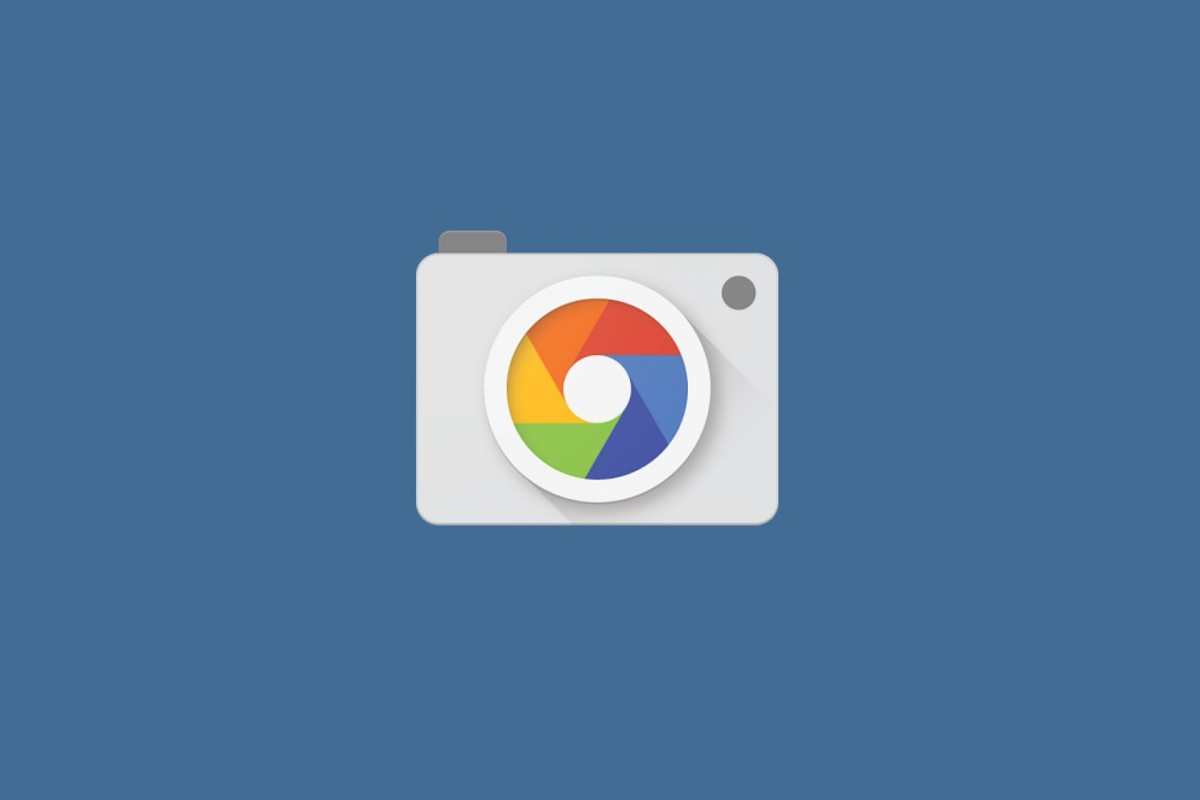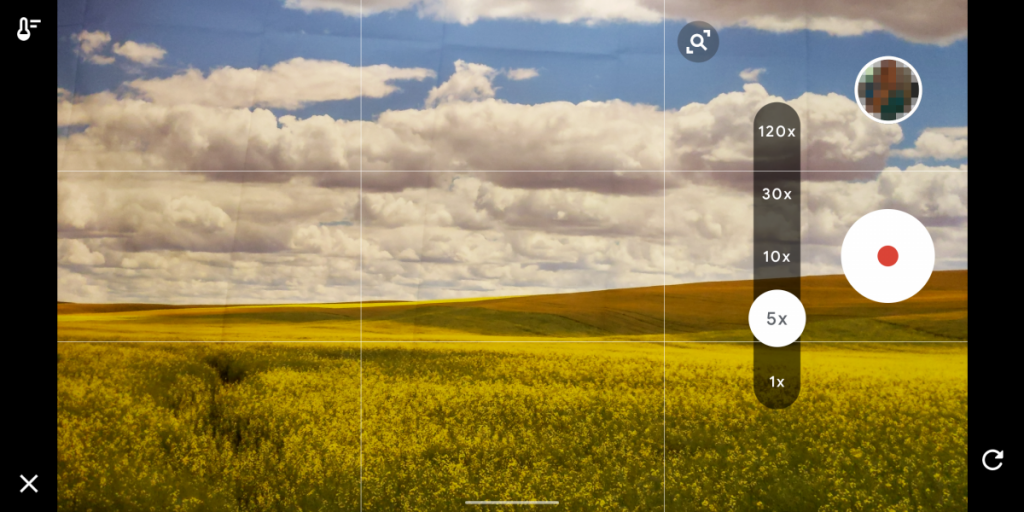Update (5/8/19 @ 1:45 PM ET): The Google Camera app has just been updated with the Time Lapse feature for all current Google Pixel phones.
The keynote at Google I/O was full of exciting announcements. We finally got to see the Pixel 3a/3a XL in an official light, received some more news about Android Q, and saw the Nest Hub Max, confirming previous rumors. As well as news specific to the Pixel 3a/3a XL, Google announced some more general news for all Google Pixel devices. This included support for the Android Q beta 3, as well as the announcement that the Google Camera app will be getting a time-lapse feature designed to work specifically with all Google Pixel devices.
The feature is available now on the Google Pixel, Pixel XL, Pixel 2, Pixel 2 XL, Pixel 3, and Pixel 3 XL via an update for the camera app. It's also coming to the Pixel 3a and Pixel 3a XL. To access the feature, open the camera app, then swipe over to "More." From there, you should be able to see it in the grid of features, alongside older features like Night Sight, Lens, and Slow Motion.
The time-lapse is not always perfect, but it's a fun feature to play with that can yield some cool results. The Google Pixel camera software is known for being somewhat lacking in features, so it's good to see Google continuing to develop it. Time-lapses are also now natively supported in Google Photos, making it even easier for you to manage them.
Update: Rolling out
Time Lapse mode in the Google Camera app launched with the Pixel 3a devices yesterday, but now it's available for all current Pixel phones. That includes the Google Pixel, Pixel XL, Pixel 2, Pixel 2 XL, Pixel 3, and Pixel 3 XL. Time Lapse mode can be found in the "More" section along with Photobooth, Night Sight, and Slow Motion. Once enabled, you can choose speeds from 1x to 120x. Time Lapse videos are saved as MP4 files and they are indicated in the Google Photos app.


